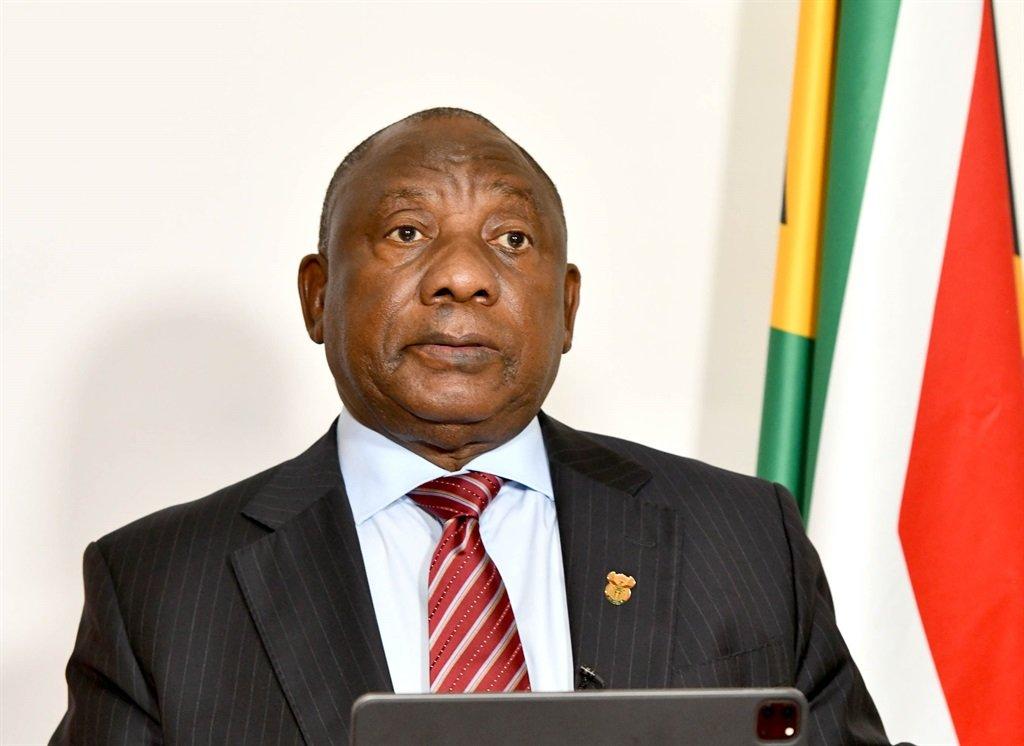Africa-Press – South-Africa. Despite concerning crime figures and challenging economic conditions faced by many South Africans, President Cyril Ramaphosa believes the country is in a better situation today than before 1994.
The president was addressing the government’s Freedom Day celebrations in Mpumalanga on Wednesday.
He focused the bulk of his speech on the successes since 1994, while also acknowledging the challenges faced by the country.
Ramaphosa said many children had access to schooling and food as a result of school-run feeding schemes.
He said thousands of citizens had access to housing, which was not possible during apartheid.
He also focused on how the law was there for any citizen who felt harmed by injustices from the government.
The president said the government was working to improve the conditions of people living in poverty, and that this included addressing the land issue.
He said the government of the day was accountable, and people’s voices were heard and protected.
“This is a government governed by the rule of law. We say the law must work for our nation and us. In democratic South Africa, social grants provide a lifeline to millions of people. If we include the R350 grant, we are talking about close to three million people who receive grants from this government,” Ramaphosa said.
He acknowledged that citizens might feel bewildered and unaware of whether the country was genuinely free, because of the many socio-economic challenges.
“Many people today will be saying, ‘what is this freedom worth?’ Yes, they are right to ask themselves that question. What are we celebrating? But we have achieved much, and much has changed in our country. But we also admit that we are not yet where we want to be.”
On the challenges faced by the country, Ramaphosa blamed harsh global economic conditions. But while looking outside for answers to the problems faced by the country, the president also looked inward, calling out corruption and crime as contributing factors.
He also attributed the slow economic recovery to setbacks, including the July unrest and the recent floods that gripped KwaZulu-Natal.
“And as we thought we could get out of that, our unemployment figures kept going up. We believe we can now rise because the economy has shown signs of a recovery, then the floods happened. That will set us back because we now have to spend a lot of money rebuilding lives and livelihoods,” he said.
The government has pledged over R1 billion in funding to help communities hit by the recent floods.
Immigration
Ramaphosa reiterated that illegal immigration remained a concern.
In the same breath, he said there was no justification for any acts of violence perpetrated against foreign nationals.
“There can be no doubt that we have urgently, as South Africans, to resolve the issues of illegal immigration and the impact it has on our economy and society. But I must say here today, there can never any justification for us to perpetrate acts of violence against people who have come here to our country. For those who have a legal right to be here must find South Africa to be a welcoming place. We must ask ourselves what type of society we want to be,” Ramaphosa said.
For More News And Analysis About South-Africa Follow Africa-Press






